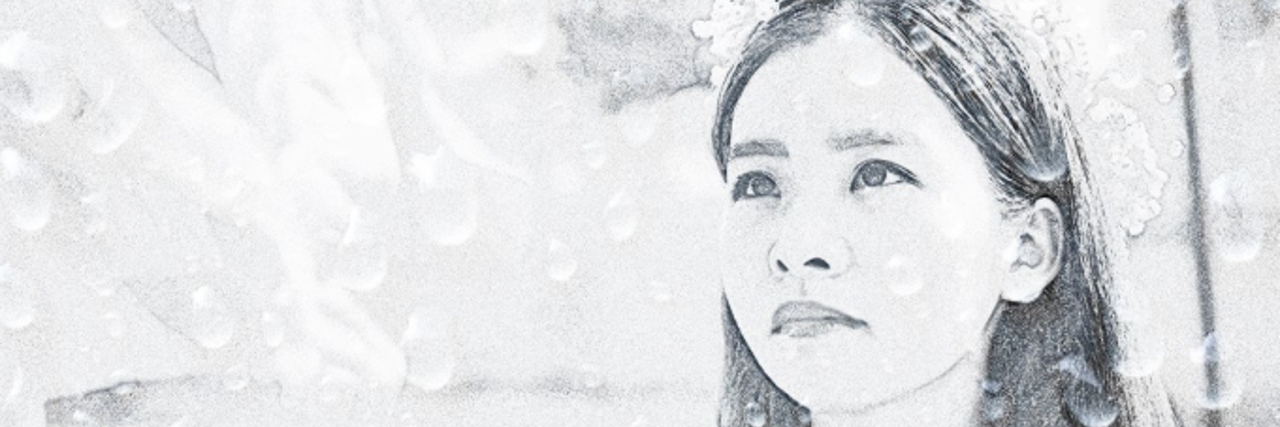There are not many things stronger than the bond many of us in the chronic illness community have with each other. Everyone deals with different conditions in different situations, but there are many resources available. The thing is, you have to want to help yourself.
Self-pity is the Achilles heel of chronic illness. It will never help you to accomplish anything. I had the opportunity recently to talk to an acquaintance I have known for a while. She had found out several years ago that she had an autoimmune disease. I had no idea she was sick, as I was extremely ill at that point in time. However, the news excited me. A fellow Spoonie!
I was ready to answer any questions she had, give her any resources and in general just be there for her. I wanted to be that person I wish someone else could have been to me a couple of years into my chronic illness journey. However, I was met with a huge heaping pile of self-pity and despair.
What is self-pity? Dictionary.com describes it as “pity for oneself, especially a self-indulgent attitude concerning one’s own difficulties and hardships.” Now, it is very normal and expected to grieve the loss of your former self. I think it would be weird not to. The problem arises when people fall into that aforementioned cycle of self-pity. Self-pity prohibits you from desiring to make any progress, because it has you thinking that nothing in life is fair and the world is conspiring against you. Chronic illness is definitely not fair, but you have to keep on moving. Living in self-pity is going to keep you stuck in one place, unable to grow or change.
Chronic illness is an uphill battle. Nothing is ever steady. Flares come when you have tried your hardest to prevent them. They come when you have laid in bed all day. The mental health impact can be devastating in itself. However, we cannot just stop.
If I choose to stop in my journey and focus on how bad it is, I will never get to enjoy the little things. I will never notice the way my perennials smell after they bloom each year, or how happy I am when my friends go out of their way to do something for me. If I pity myself, I will never get to live.
The hardest part of this situation for me to witness was the seclusion she had put herself in. As a chronic illness warrior who has been fighting for eight years, I know what that feels like. I also know how important it is to talk to people about it, in person and online — but she did not want to open up or even receive some moral support. I wanted to help and it hurt that I couldn’t. What are the chances of meeting another person going through similar things? Slim to none. I feel for her, because the chances of something like that happening again in person are rare.
This experience drives me all the harder. It fuels the fire I have to help out others like me and continue to spread awareness for all these different conditions. I may have lost the opportunity to help this one person, but I may have made an impact as well. That’s the thing about choosing to spread awareness. Maybe it wasn’t her time yet to truly grow and move forward, but I choose to believe that the fact that I reached out helped, however small the impact.

